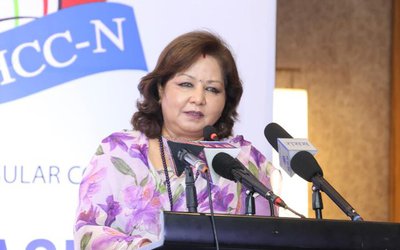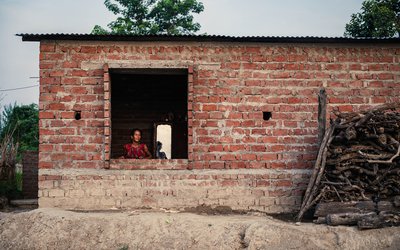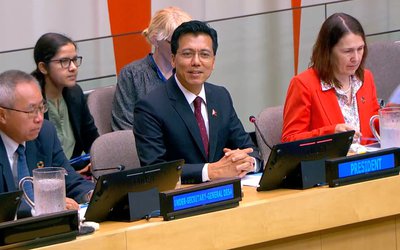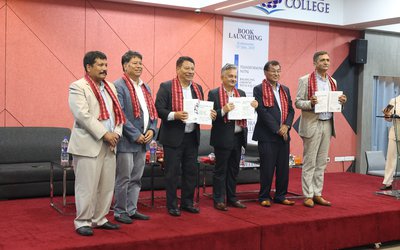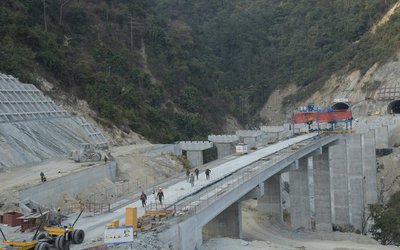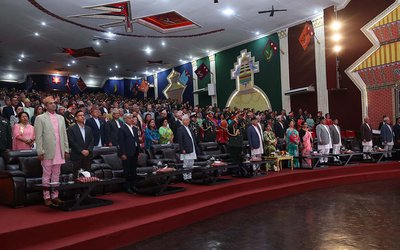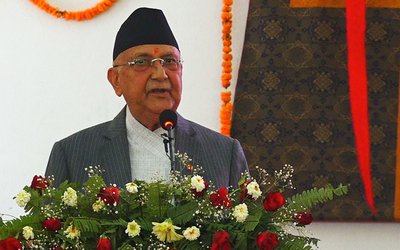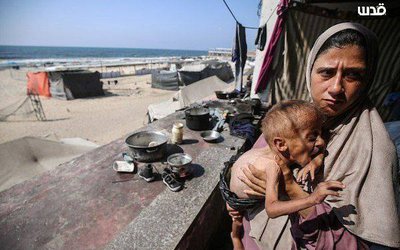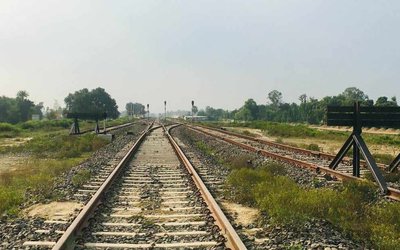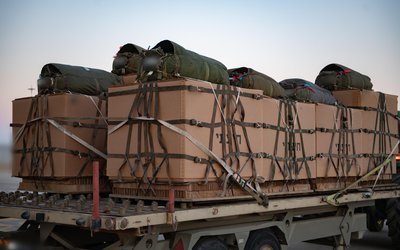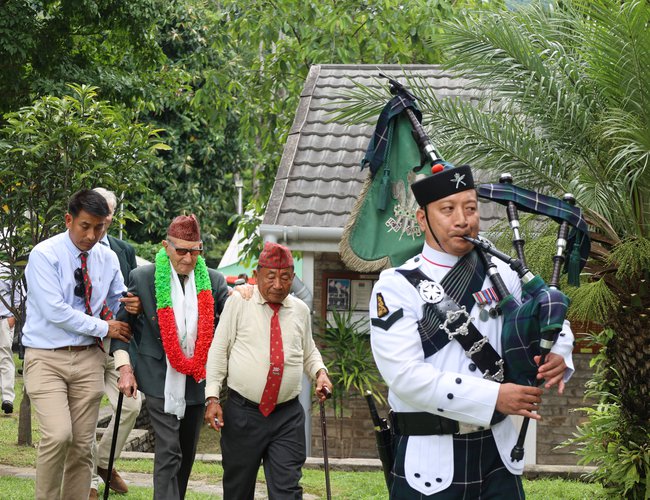
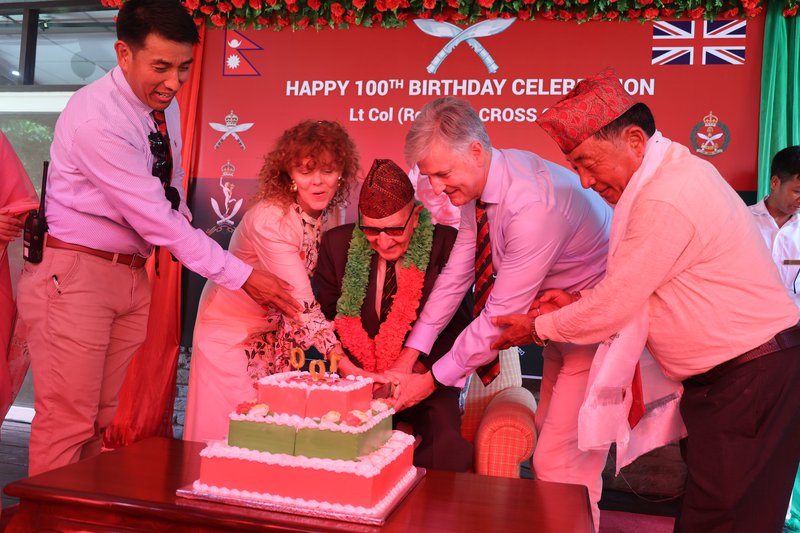
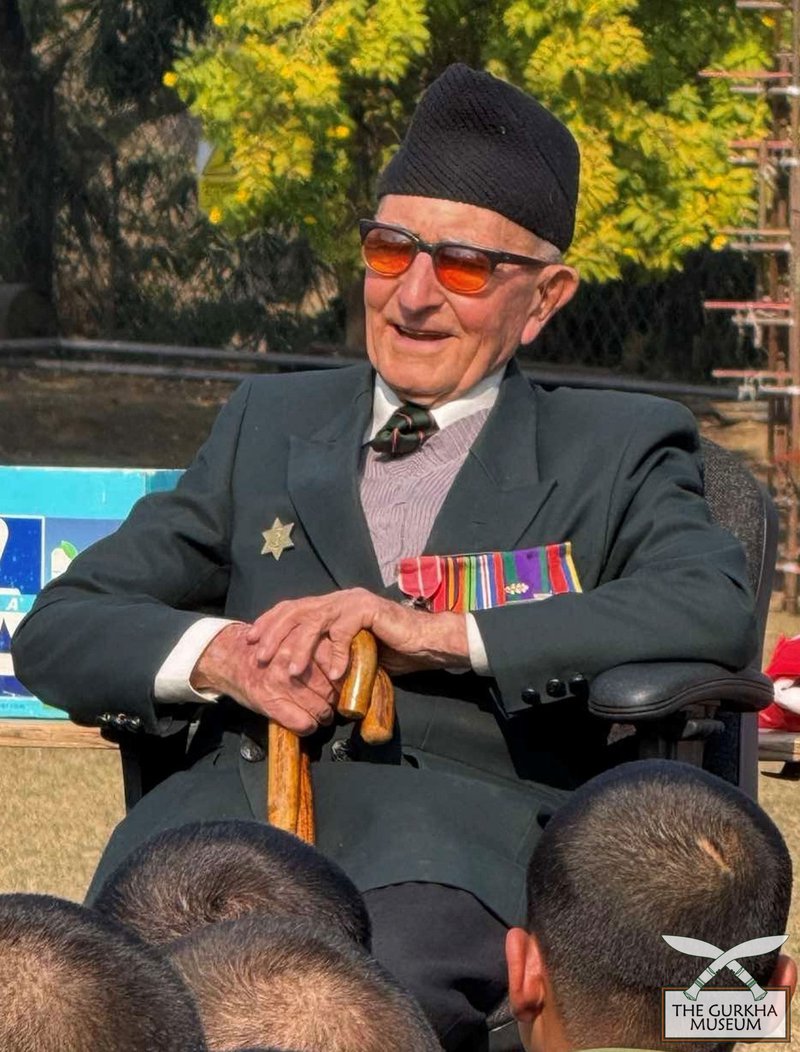
With a humble smile, JP Cross can still be seen walking around Ram Bazaar and Naya Gaun in Pokhara. Every morning, he strolls through his neighborhood, engaging in conversations with everyone he meets.
From children to the elderly, everyone affectionately refers to him JP Cross Baje. JP's full name is John Philip Cross. He proudly describes himself as "a British national of Nepali origin." Spending most of his young life engaging with Gurkhas, he spared all his life in Nepal following retirement.
Armed with a walking stick, he sets out in the mornings, greeting people, inquiring about their well-being, and sharing light-hearted banter along the way – almost everyone in the area knows JP Cross. Having completed his Master's degree in Nepali from Tribhuvan University, he also worked as a researcher at TU's CENAS. The researcher and professor late Dhruba Kumar was his close friend who was reviewer of most of his books.
During his tenure in CENAS, he also guided many Nepalis including senior leader of CPN-UML Bhim Rawal. He fought a long struggle to secure naturalized Nepali Citizenship Certificate.
“One of the most renowned British Officers in the history of the Brigade of Gurkhas Lieutenant Colonel J P Cross OBE has reached 100 years of lifetime and the extraordinary occasion was marked with a fervent celebration at the British Gurkhas Nepal camp in Pokhara. Lieutenant Colonel John Philip Cross OBE, popularly known as JP Cross, served together with the Gurkhas in the British Army for nearly 40 years, when he earned legendary respect because of his experience, leadership and devotion to his units,” writes a Press Release issued by Headquarter British Gurkhas Nepal.
According to press note, Following retirement from a very rich service accounting numerous deployments, he has been living in Nepal for the last 49 years, the latter years as an official Nepali citizen. Now fond of being called a ‘Nepali born in Britain’, the retired Officer recalls his first arrival in Nepal with the British Army 80 years ago at the age of 21.
“He has authored 19 books on his lifelong military service and knowledge and in his remarks and recollections, has always held the Gurkhas in high esteem. His passion for Nepal, its people and the Gurkhas has cemented his name in Nepal and the Gurkha community, while his knowledge expressed in his writing has gained good recognition in the wider military world.”
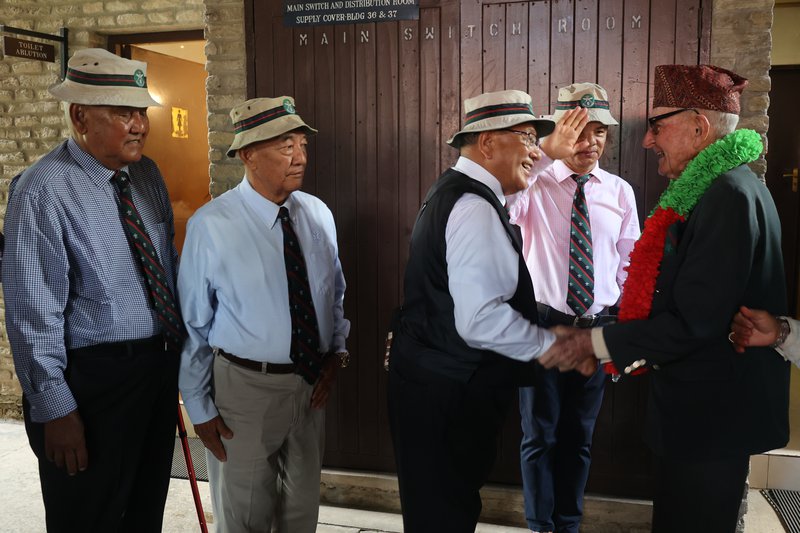
Addressing the event attended by Mrs Julia Fenn, wife of the British Ambassador to Nepal, Gurkha veterans and serving officers and staff, Colonel Dan Rex MVO, Commander British Gurkhas Nepal urged all to reflect how the milestone celebration resonated beyond the camp in Pokhara to all of the Brigade of Gurkhas and British Army. “It is also a moment being closely watched and related by many Nepalis who are proud of their association with JP Saheb,” he said.
In addition to his distinguished career as an officer and author, Lt Col (Retd) J P Cross OBE is recognised as an expert in jungle warfare and counter-insurgency, with experience as a police officer, defence attaché, and Gurkha recruitment officer. He is also a highly skilled linguist, fluent in Nepali and its dialects.
His military service spans Burma, Indo-China, Malaya, Borneo, Pakistan, India, Hong Kong, and Nepal, among other regions. He now lives a settled life in Pokhara, Nepal—the home of Gurkha recruitment—with his godson and family. Back when 93 years, with his sharp sense of humour, he had quipped: "Call me old when I am 100." Maybe it’s time to dig more humour out of J P Saheb.
A Gentle Man
When JP Cross answers his phone, he greets with soberness. "Ma Colonel JP Cross bolchhu, tapaile kasto hunuhuncha (Yes, this is Colonel JP Cross speaking, how can I help you?)".
His impeccable Nepali language skills often leave people wondering whether he is a Nepali-born British or a British-born Nepali.
Residing with his surrogate son Buddhiman Gurung in Pokhara near Taxi Chowk, JP Cross has not undergone much physical change. Despite Buddhiman Gurung being his adopted son, their bond and affection for each other are truly remarkable.
Having served in World War II, JP Cross has surpassed the age of 101 and acquired Nepali citizenship. He dedicated over 40 years to the British Army and possesses a profound understanding of Nepali society and history.
Authoring 19 books, JP Cross, a British-born Nepali citizen, has established himself as a patriotic Nepali and a true son of the soil. Often seen sporting a Dhaka topi, thick prescription glasses, and a tie and suit at formal gatherings, he captivates attention with his charismatic personality and sense of humor. His hearty laughter is contagious, drawing others to join in the merriment.
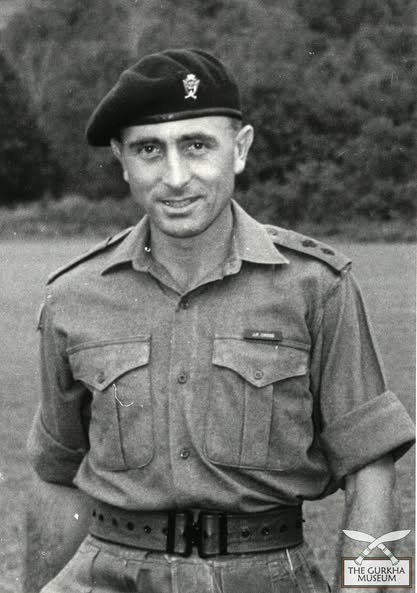
Despite his advancing age, JP's speech and demeanor remain as vibrant and humorous as ever. While he may require assistance for longer walks, he has crossed the century mark with a remarkable legacy - none other than JP Cross.
Having served in the Second World War and dedicated over 40 years to the British Army, Lieutenant Colonel JP Cross made the decision to become a Nepali citizen and call Nepal his home.
Born on June 21, 1925, in the UK, JP enlisted in the military during the peak of World War II.
Unmarried, JP has found a family within his godson's household in Pokhara. Approximately 42 years ago, he constructed a home in Naya Gaun and settled there.
Throughout his tenure in the British Army, JP forged strong bonds with Gurkha soldiers, and upon his arrival in Nepal, he chose to make it his permanent residence.
After living in Nepal for 32 and a half years, JP obtained Nepali citizenship. He speaks fluent Nepali after traveling to over 40 countries during his military service. Even today, he exudes confidence and spirit in his walk and speech.
JP is a unique figure in discussions about World War II, Nepali society, and the history and experiences of Gurkha soldiers. He joined the army in April 1943 and traveled by ship to Dehradun, India after completing training. The East India Company was administering the Indian government at that time.
Upon arriving in India, JP developed a strong bond with the Nepali Gurkhas and took part in the battle between Japanese and British forces in Burma. Although the war ended shortly after their arrival, JP's connection with the Gurkha soldiers deepened as his military career progressed.
During his military career, JP traveled to over 40 countries, including various regions of India, China, Malaya-Borneo, and Indonesia. He first visited Nepal in 1976 (2033 B.S.) and led the recruitment of Nepali youths into the British Army for the first time. He was captivated by Nepal from that moment on.
After adopting a wise Gurung elder from Lamjung, Dhampu (Buddhiman Dura Tamu), as his godson, JP decided to make Nepal his permanent home.
Currently residing in Naya Gaun, located south of Ram Bazaar, with Dhampu’s family, JP shares captivating tales of his experiences in war and travels around the world.
JP, known for his detailed recollection of war stories and historical events complete with specific dates, has authored 19 books based on his rich experiences. He is a regular attendee at events related to the British Army and World War history.
Having lived in Pokhara for over four decades, JP has a profound understanding of the local settlement patterns and way of life, especially in the city known as the home of the Gurkhas.
When JP first moved to the Ram Bazaar–Naya Gaun area, the neighborhoods were underdeveloped. Now at the age of 101, JP's birthday was celebrated at the British Gurkhas Nepal Camp in Pokhara. British Ambassador Rob Fenn, former British Gurkhas, serving officers, and staff gathered to commemorate JP's milestone birthday.
Colonel Dan Rex MVO, commander of British Gurkhas Nepal, highlighted the significance of the event, noting that it resonated not only within the Pokhara camp but also across the entire Brigade of Gurkhas and British Army.
He emphasized, “Many Nepalis who share a special bond with JP Saheb have closely followed and connected with this momentous occasion.”
In addition to his notable accomplishments as a Gurkha officer and writer, he is recognized for his expertise in jungle warfare and counter-insurgency.
He has served as a police officer, defense attaché, and Gurkha recruitment officer. Proficient in Nepali and its various dialects, he is a skilled linguist. During his military career, he was stationed in Burma, Indo-China, Malaya, Borneo, Pakistan, India, Hong Kong, Nepal, and other regions.
As JP Cross reached the age of 100, he demonstrated his unwavering dedication to promoting Nepali people, culture, and language, proving that one's birthplace does not determine their love for their nation.
Also reads
https://www.spotlightnepal.com/2018/03/23/jp-cross-nepals-son/
https://www.spotlightnepal.com/2013/11/30/jp-cross-heart-in-nepal/
https://www.spotlightnepal.com/2014/11/22/journey-to-citizenship-jp-cross-makes-it/

Keshab Poudel
Poudel is the editor of New Spotlight Magazine.
- RASUWAGADHI FLOOD: GLOF Devastation
- Jul 20, 2025
- ERC Nepal Is Focused On Expanding Distribution And Transmission To The Private Sector: ERC Chair Dr. Dhital
- Jul 06, 2025
- FOURTH PROFESSOR Y.N. KHANAL LECTURE: Nepal-China Relations
- Jun 23, 2025
- BEEN: Retrofitted For Green
- May 28, 2025
- GGGI has been promoting green growth in Nepal for a decade: Dr. Malle Fofana
- May 21, 2025
